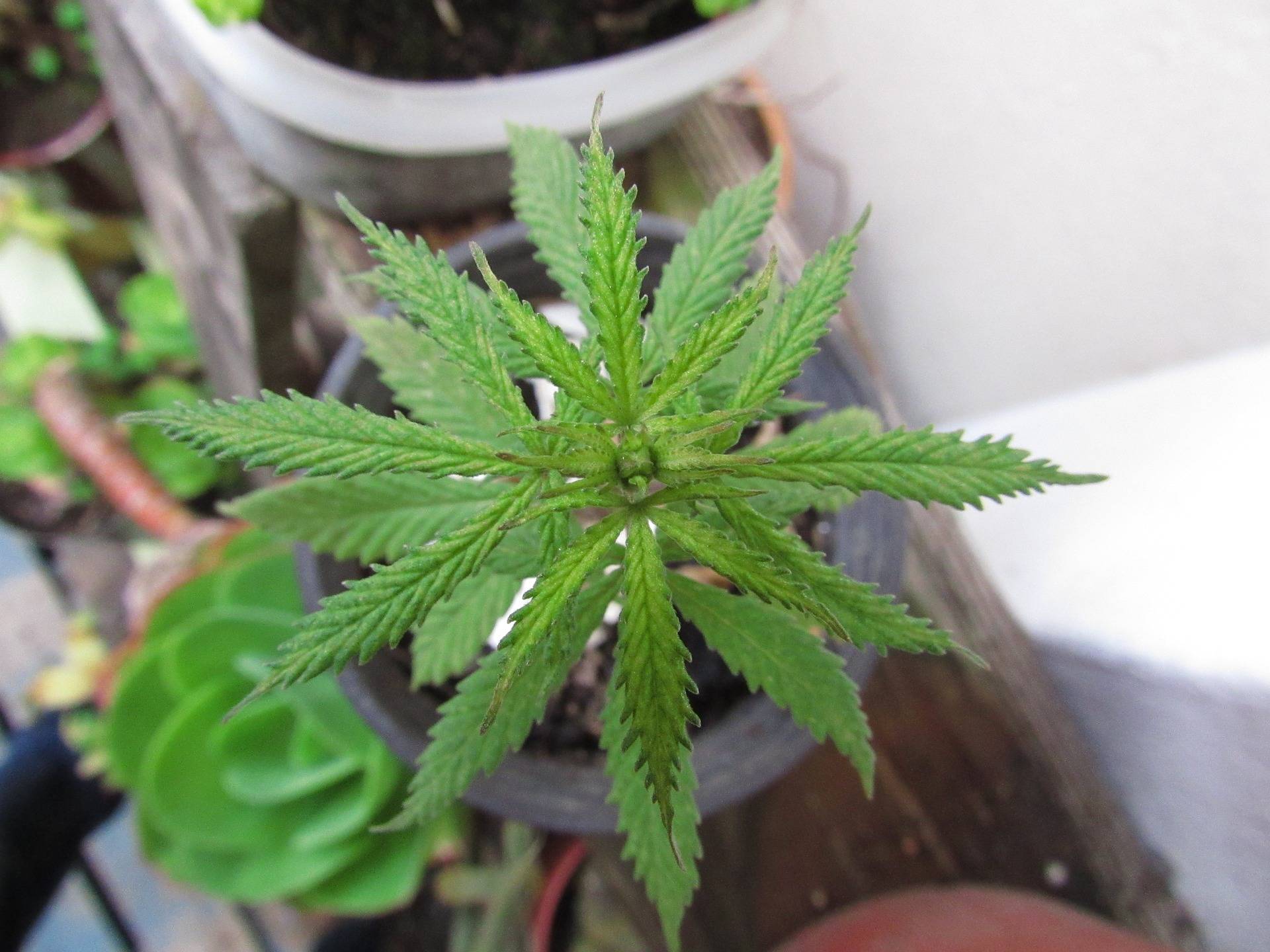Can I grow my own marijuana with a medical card in Oakland Park?

In Oakland Park, Florida, the laws governing the cultivation of marijuana align with the state-wide legislation passed in 2016, which legalized medical marijuana.
It only allows those patients with a valid medical marijuana card to grow a limited number of cannabis plants for personal use. Growing marijuana for recreational use or distribution remains illegal and may result in severe penalties, including fines and incarceration.
What You Need to Know About Obtaining a Medical Card for Growing Marijuana
Before growing anything, the first is to obtain a medical marijuana card in Oakland Park. Below are the steps that must be followed:
- Qualifying Conditions: First, you must have a qualifying condition. These conditions include Cancer, Glaucoma, HIV/AIDS, Crohn’s disease, Parkinson’s disease, Multiple sclerosis (MS), and other debilitating conditions determined by a licensed physician.
- Medical Consultation: If you have a qualifying condition, consult a state-licensed physician who can recommend medical marijuana treatment. The physician must be registered with the Florida Department of Health’s Office of Medical Marijuana Use (OMMU).
- Application: Post consultation, the physician will enter the patient’s details into the Medical Marijuana Use Registry. The patient can then apply for a Medical Marijuana Use Registry Identification Card. The application can be submitted online or mailed to the Office of Medical Marijuana Use.
- Issuance of Card: After application, the state will review your application and, if approved, will issue a medical marijuana card. The card will be mailed directly to the patient.
Only cardholding patients can purchase, possess, and grow marijuana in the cities of Florida.
How to Get Started Growing Your Marijuana with a Medical Card
Once you’ve obtained your medical marijuana card, you can begin preparing to cultivate your marijuana plants. Here’s an outlined guide to get you started:
- Understanding the Growing Limits: Florida’s medical marijuana laws impose certain restrictions on the amount of marijuana you can grow. Ensure you’re familiar with these limits to avoid legal issues.
- Selecting the Right Strains: Some marijuana strains may benefit your specific medical condition more. Research or consult with a professional to select the ideal strain.
- Setting Up the Grow Area: Consider factors such as space, light, temperature, and humidity when setting up your marijuana grow area.
- Choosing the Right Soil and Nutrients: Quality soil and nutrient blend is crucial for healthy marijuana plants.
- Planting and Care: From germinating seeds to watering and lighting schedules, proper care will ensure a successful yield.
- Harvesting and Curing: Once your plants have matured, they must be harvested and cured correctly to maintain their therapeutic properties.
Keep in mind that growing marijuana is an art and science combined. Take your time to learn about each step in the process to maximize your plants’ health and yield.
- Quality Seeds: Always start with high-quality seeds from a reliable source. This increases your chance of growing healthy and productive plants.
- Regular Monitoring: Stay vigilant and monitor your plants for any signs of disease or pests. Early detection can save an entire crop from destruction.
- Optimal Lighting: Lighting plays a crucial role in marijuana growth. Too little light can stunt growth, while too much can burn the plants. Make sure your plants receive an optimal amount of light.
- Proper Watering: Overwatering or underwatering can have detrimental effects on your plants. Learn the watering needs of your specific strain and stick to a consistent watering schedule.
- Maintain Cleanliness: Keep your grow area clean to prevent the spreading of diseases and pests. Regular cleaning and sanitizing can make a significant difference.
- Legal Compliance: Above all, always stay within the legal boundaries set by your state. Regularly check for updates in law to ensure you are always compliant.
Benefits of Growing Marijuana with a Medical Card
Growing your marijuana with a medical card offers several benefits.
- Cost-Effective: Purchasing marijuana from dispensaries can be expensive in the long run. Growing your plants can be a cost-effective alternative, especially if you are a regular user for medicinal purposes.
- Quality Control: By cultivating your marijuana, you have complete control over the growing conditions and can ensure the quality and safety of your plants.
- Therapeutic Activity: Many growers find cultivating marijuana to be a therapeutic activity in itself. Nurturing the plants from seed to harvest can bring a sense of accomplishment and peace.
- Customized Strains: You can experiment with different strains to find the one that best addresses your medical condition.
- Adequate Supply: Growing your marijuana guarantees a consistent supply, reducing the risk of running out when needed for medical use.
Common Mistakes Made When Growing Marijuana and How to Avoid Them
Navigating the journey of marijuana cultivation, especially for beginners, can be fraught with mistakes.
- Choosing the Wrong Strain: Different marijuana strains have different growth characteristics and medical benefits. Selecting a strain without considering these factors can lead to disappointing results. Do thorough research or seek professional advice to choose the right strain.
- Over-fertilization: While nutrients are crucial for plant growth, over-fertilization can harm your plants and impede their growth. Always follow the recommended dosage on nutrient solutions, and observe your plants’ reaction to the nutrients.
- Ignoring pH Levels: Marijuana plants prefer a slightly acidic environment. Ignoring soil pH levels can lead to nutrient lockout, preventing plants from absorbing the necessary nutrients. Regularly test and adjust the pH levels of your soil or hydroponic solution.
- Improper Drying and Curing: Drying and curing are essential steps in preparing your harvested marijuana for use. Rushing these processes can lead to harsh, unpleasant smoke and a significant loss of potency. Patience is key in drying and curing to retain yield quality.
- Neglecting Plant Training: Plant training techniques, like topping and low-stress training, can increase yields and make your plants more manageable. Neglecting these techniques can result in unruly growth and decreased productivity.

